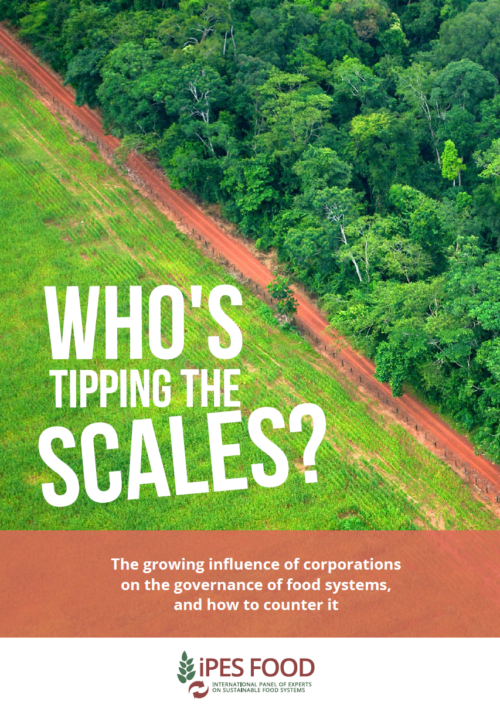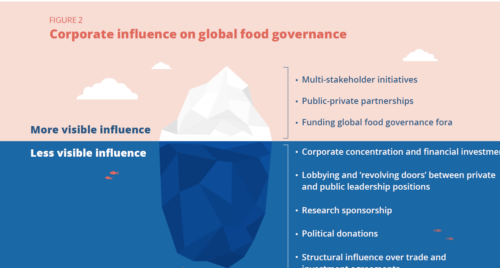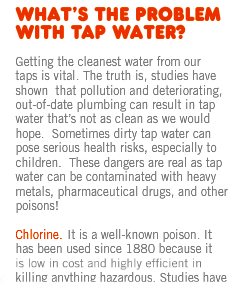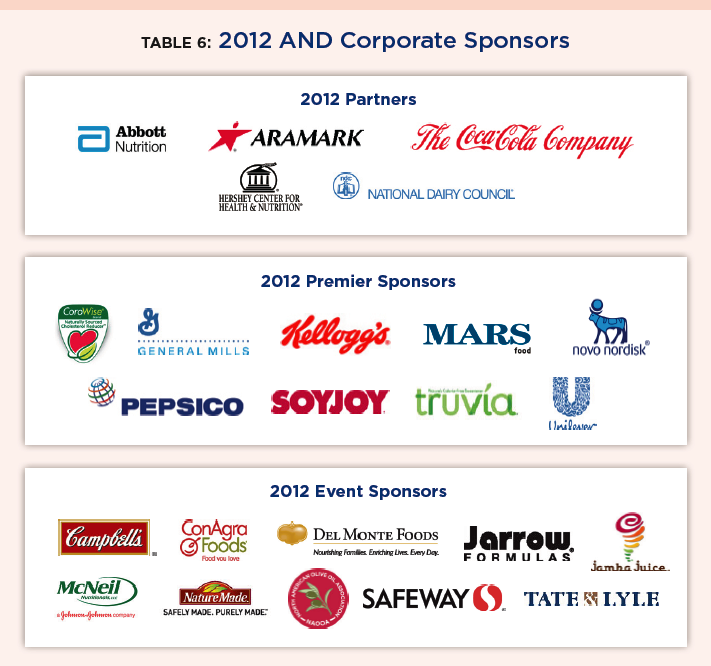Industry partnership of the week: Kentucky Beef and Public Health Associations
A reader sent me this e-mailed announcement from the Kentucky Public Health Association. 
The announcement features “hot off the press” research.
- Agarwal S and Fulgoni VL III. Contribution of beef to key nutrient intakes and nutrient adequacy in pregnant and lactating women: NHANES 2011-2018 Analysis. Pregnant & lactating women who eat beef in their diets have improved nutrient intake & adequacy for essential nutrients such as protein, calcium, iron, zinc. [Funding: This research was funded by the Beef Checkoff].
- Christifano DN, et al. The role of fresh beef intake and Mediterranean Diet adherence during pregnancy in maternal and infant health outcomes. Pregnant women who eat about 1.5 oz. of beef/day as part of a Mediterranean-style dietary pattern are less likely to develop maternal anemia, compared to those who have lower intake of beef. Additionally, pregnant women who eat more beef have higher intakes of nutrients critical for maternal & child health, including protein, iron, zinc, choline, B vitamins. [Funding: This research was partly funded by Beef Checkoff]
- Agarwal S and Fulgoni VL III. Beef consumption is associated with higher intakes and adequacy of key nutrients in older adults age 60+ year: National Health and Nutrition Examination Survey 2000-2018 Analysis. Older adults who eat beef in their diets have improved nutrient intake & adequacy for essential nutrients such as protein, calcium, vitamin B12, iron. [Funding: This work was supported by The Beef Checkoff].
More Information
For more information, visit The Kentucky Beef Council and Beef It’s What’s For Dinner.
For infographics and nutrition handouts, click here.
To join our monthly health professional newsletter, register here.
COMMENT
This advertisement from the Kentucky Beef Council was sent to members of the Kentucky Public Health Association. It does not say who sponsored the hot new research [I had to look it up].
The partnership raises several questions:
- Is the Kentucky Beef Council a sponsor of the Association? If so, at what level? (Its annual report does not list sponsors. Neither does its website, although it does list sponsorship categories for its annual meetings).
- Do members of the Kentucky Public Health Association believe that their association’s apparent endorsement of beef is a good idea?
- Are Kentucky public health nutritionists talking to their clients about the role of beef in health and environmental sustainability?
- If so, what are they saying?
The benefit of this kind of sponsorship/partnership to the Kentucky Beef Council is obvious.
But it raises serious questions about the integrity of the Kentucky Public Health Association.
I hope KPHA members are discussing this issue with the Association’s leadership.








